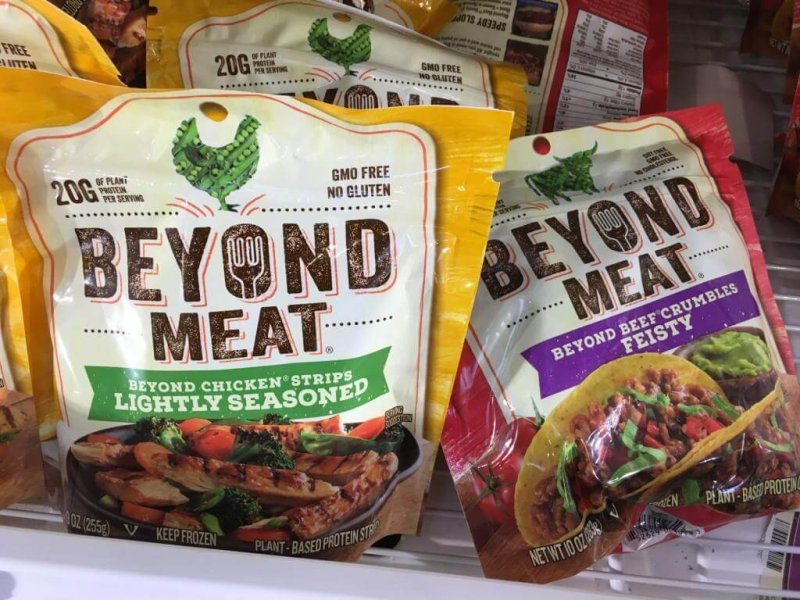Ranchers and their political allies want to brand plant-based foods like the Impossible Burger as inferior imitations, but consumers shouldn’t have their choices limited.
[In October], Reps. Anthony Brindisi (a New York Democrat) and Roger Marshall (a Kansas Republican) introduced a bill that would legally restrict the use of the words “meat” and “beef” to products derived from farmed and slaughtered animals. It would also brand any pretender—whether made from soy or grown in a petri dish—an “imitation.”…
Meanwhile, countersuits spearheaded by the American Civil Liberties Union and the veteran alternative-meat company Tofurky argue that such measures infringe on free speech.
…
We shouldn’t ban the use of the term “meat” for new food products any more than we should bar Americans from using “milk” to refer to soy beverages. The better solution is to modify the noun.
…
The industry-driven claim that “meat” has only one proper meaning—the flesh of a slaughtered animal—may be true of contemporary usage. But historically, “meat”—from the Old English “mete,” or sustenance—has referred to food more generally. It came only slowly to mean animal flesh, and even then carries exceptions such as coconut meat.
Read full, original article: The Modern Meaning of Meat (Behind paywall)































